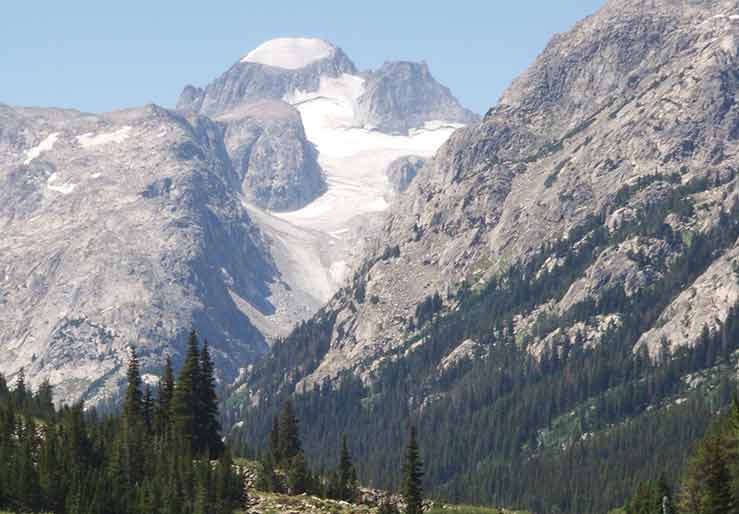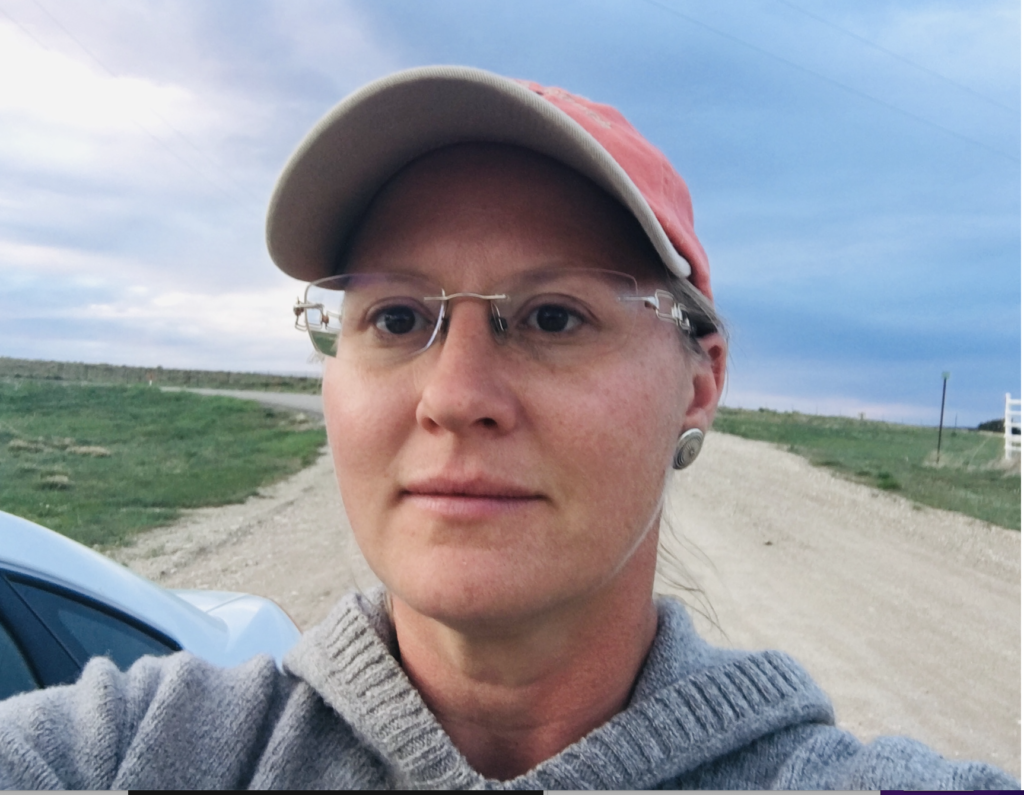Reba D. Epler Values and Principles:
- Providing excellent legal service and counsel;
- Working with people in practical and complex transactions and situations;
- Regenerative and restorative use and development of our natural resources;
- Respect and responsibility for the land and water;
- Land & watershed restoration and regeneration;
- Developing the environmental services in the soil;
- Healthy and happy people, healthy families and strong communities;
- Motherhood supportive law practice;
- Profitable people and businesses rooted in the land and the community;
- Assisting people to create diverse income streams from their land, minerals and personal assets, resources and talents. “Solar Dollars, Paper Dollars and Mineral Dollars.”
- Healing the water cycle, mineral cycle and carbon cycle through regenerative land uses. Because functioning and healthy water cycles, mineral cycles and carbon cycles are the keys to prosperity and abundance.
- Working for a better world and society, with respect and responsibility for our resources and people, especially our elders and children.
Papers:
Resilience and Restoring the Hydrologic Cycle.
World Water Day. Groundwater, Making the Invisible Visible.
By Reba D. Epler of Land Water Energy Law
We celebrated World Water Day on March 22, 2022. This year’s them is: Groundwater, Making the Invisible Visible.
In honor of this year’s World Water Day, I would like to acknowledge the people in the Laramie County Groundwater Control Area who worked to change and improve Wyoming’s groundwater laws. During this year’s legislative session, “HB0136 – Underground Water Contested Case Hearings” passed unanimously in the senate. Governor Gordon signed the law on March 21. The law clarifies that the applicant for water rights permits bears the burden of proof in a groundwater contested case. There are three groundwater control areas in the state which provide more legal protection for the aquifers and for the people in the control areas: Laramie County Control Area (“LCCA”), Platte County Control Area and Prairie Center Control Area. The new law will apply in all of the state’s control areas.
Last June a contested case that was heard before the LCCA Advisory Board and a State Engineer hearing examiner in which 17 landowners objected to the State Engineer granting permits to drill 8 high capacity water wells that would extract 1.5 billion gallons per year of water from the already stressed High Plains/Ogalalla aquifer. The landowners opposing these wells are rightly concerned about the impact to their stock and domestic water supply and to Horse Creek and its tributaries. This law is necessary because one of the legal issues in this case is whether the contestees (the applicants) or the contestants (the surrounding landowners) bear the burden of proof that the proposed wells would not harm the public interest. This law clarifies the issue by affirmatively putting the burden of proof on the applicant.
One of the important aspects of seeing groundwater is knowing that groundwater is visible at springs, creeks, wetlands and rivers, because this is groundwater at land surface. The groundwater provides the base flow for creeks and rivers, which allows these to run year round, even when there is no snowmelt or rain. Groundwater and surface water systems are connected, and groundwater pumping can dry up streams and rivers by lowering the water table, so the creek or river goes dry. Even though riparian and wetland areas only make up 4% of the state, they support over 80% of Wyoming’s wildlife. Recent studies have estimated that between 15-21% of watersheds that experience groundwater pumping have slipped past a critical ecological threshold, and by 2050, that number could skyrocket to somewhere between 40-79%. It is not in the long term economic benefit of the state to allow creeks and rivers to go dry because of the harm to wildlife, agriculture, tourism, and future generations.
One of the realities of groundwater management, is that wells a great distance from surface water can deplete the surface water. The cones of depression from multiple wells can intersect and magnify the effects of pumping. Another important consideration relates to recovery of the aquifer and connected streamflow. Streamflow depletion from groundwater pumping will continue to occur after pumping stops. In fact, the maximum rate of streamflow depletion can occur after a well ceases to pump. This aspect of streamflow depletion adds difficulty to using an adaptive management scheme to determine when wells should be shut off to avoid further undesirable effects. But we now have some tools that will assist in managing these complexities, such as modeling, monitoring, and measuring surface flows. We must also take the long view of the time frame for considering impact, such as 100 years, or even longer and consider the environment as well.
Our understanding of the interconnection of groundwater and surface water has advanced over time. It is time for our laws and the governance of our water resources to advance as well. Groundwater is not invisible because we see it in our creeks, rivers and wetlands. Groundwater is also visible in our food and clothing, because water is needed to grow food and fiber. Groundwater is used in so many manufacturing processes for goods we use and depend on. Groundwater needs to be carefully stewarded because it is a limited resource, and too much pumping does have a negative impact. Water is a common resource that we all share. Water decisions are important and affect everyone.
On World Water Day, I honor those who care about water and want to improve our water laws and management. I honor those who want to learn more and to get involved. I honor those who are fighting to protect their farming and ranching operations and the environment. We can do this One Creek at a Time and One Law at a Time! Here’s to working together for a better world and society, with respect and responsibility for our resources. To learn more and to contribute to this work, please visit www.rebaepler.com. There are a number of ways that you can become involved.


